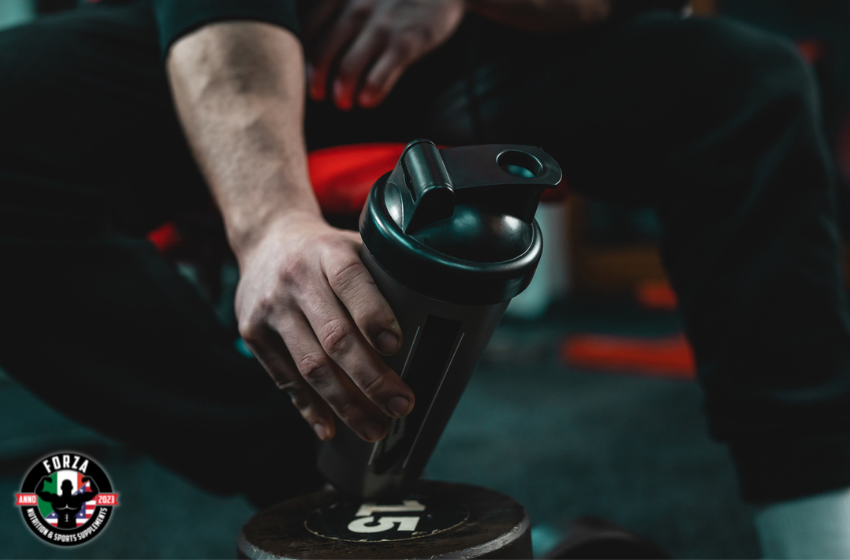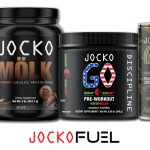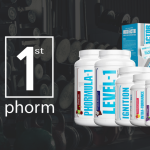Creatine is a popular dietary supplement used by athletes and bodybuilders to increase muscle mass and improve performance. It is a natural compound found in meat and fish, and also produced by the body from amino acids. Creatine supplementation has been extensively researched over the years, and it is widely recognized as one of the most effective supplements for muscle building. In this article, we will explore the science behind how creatine helps to build muscle mass.
Firstly, let’s understand how muscles work. When we lift weights or engage in other forms of resistance training, we cause tiny tears in our muscle fibers. This is called muscle damage. After exercise, our bodies repair these tears by fusing the damaged fibers together, forming new muscle protein strands, and increasing the size and strength of the muscle. This process is called muscle hypertrophy.
Creatine helps with muscle hypertrophy in several ways. Firstly, it increases the production of ATP, which is the primary source of energy for muscle contractions. When we perform high-intensity exercises, our bodies quickly deplete ATP stores, causing fatigue and limiting performance. Creatine supplementation helps to increase ATP production, which allows us to perform more repetitions and lift heavier weights, leading to more muscle damage and hypertrophy.
Secondly, creatine promotes the retention of water in muscle cells, leading to an increase in cell volume. This is called cell volumization or cell swelling. When muscle cells are hydrated, they are better able to withstand stress and resist damage. Additionally, cell volumization triggers the release of growth factors and hormones, such as insulin-like growth factor-1 (IGF-1) and testosterone, which play important roles in muscle growth and repair.
Finally, creatine supplementation may also increase the synthesis of muscle protein. Muscle protein synthesis is the process by which new muscle proteins are formed. Research has shown that creatine supplementation may stimulate muscle protein synthesis, leading to greater gains in muscle mass over time.
In summary, creatine helps to build muscle mass by increasing ATP production, promoting cell volumization, and stimulating muscle protein synthesis. It is important to note that creatine supplementation is most effective when combined with resistance training. Additionally, it is important to use creatine supplements as directed and to stay properly hydrated while taking them.


